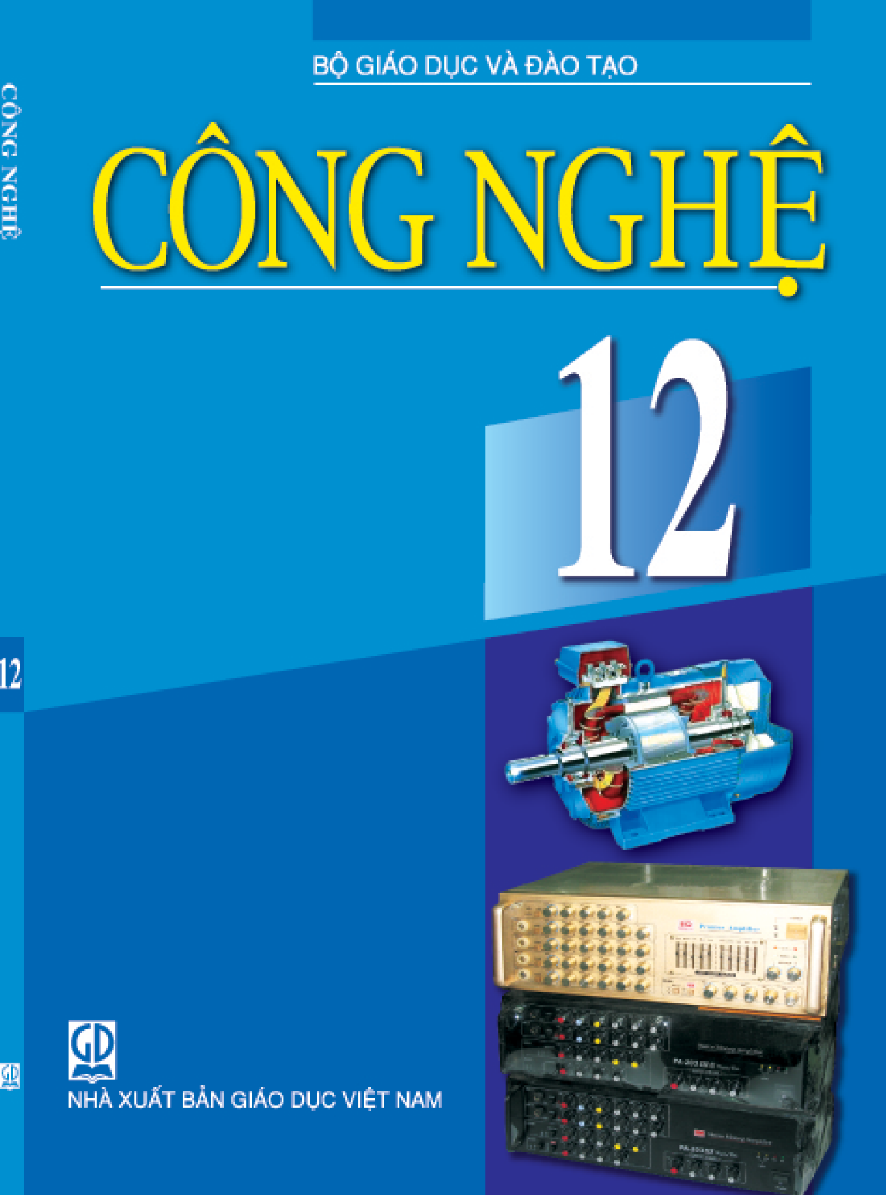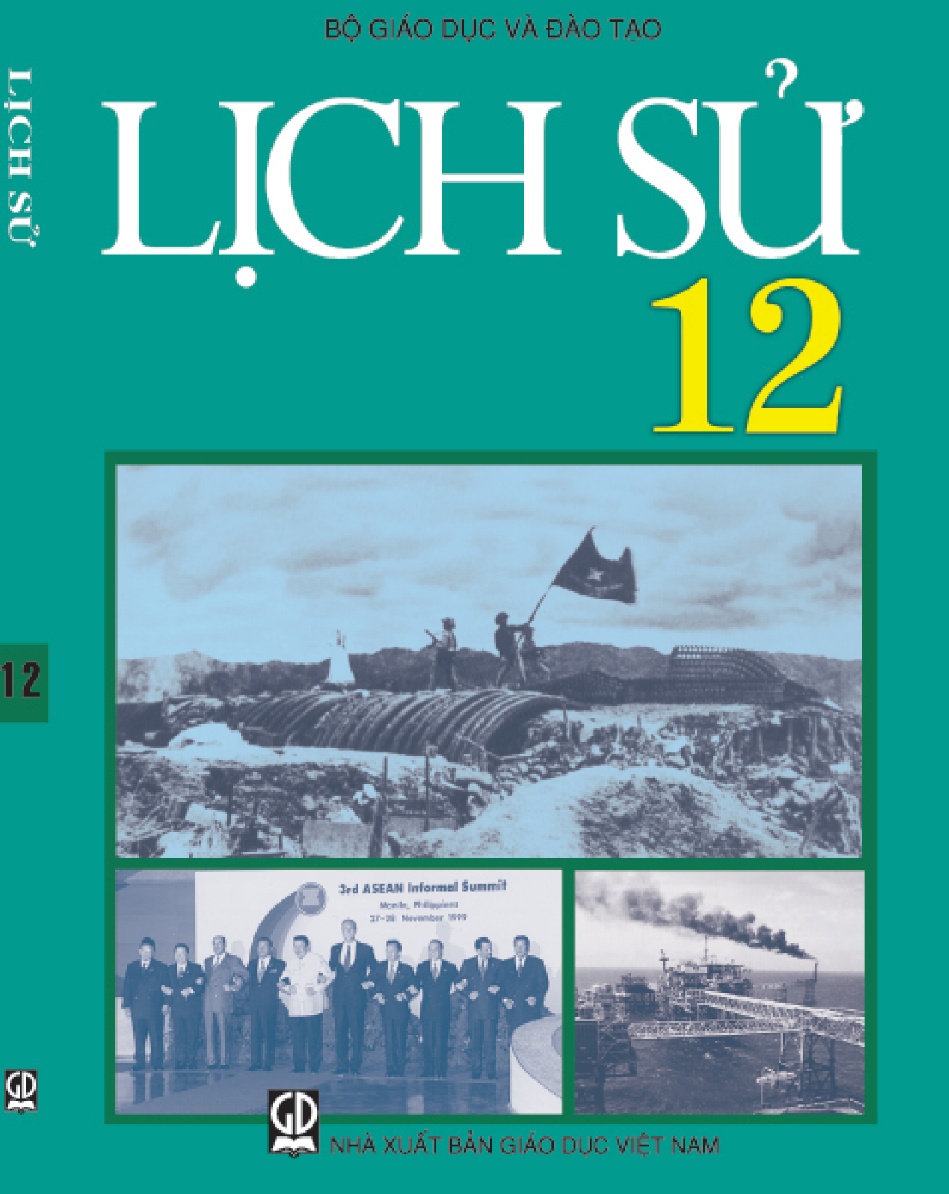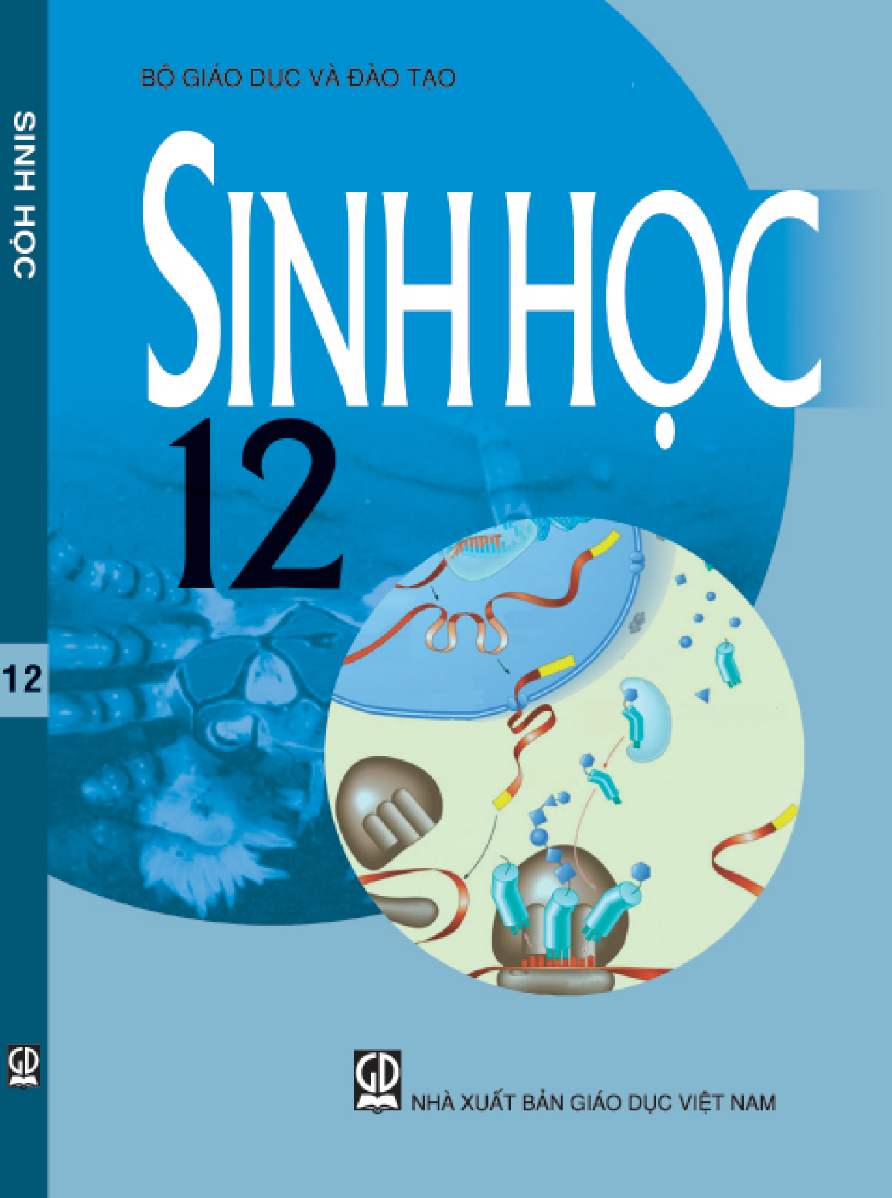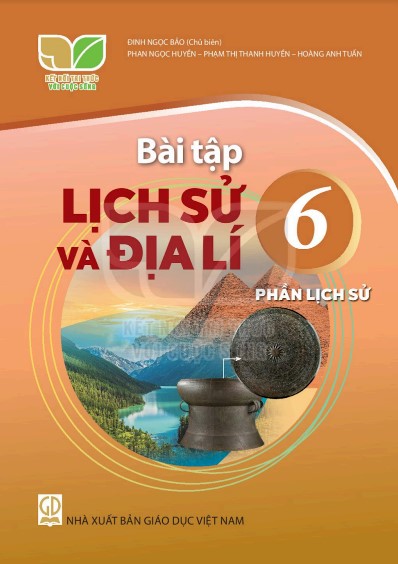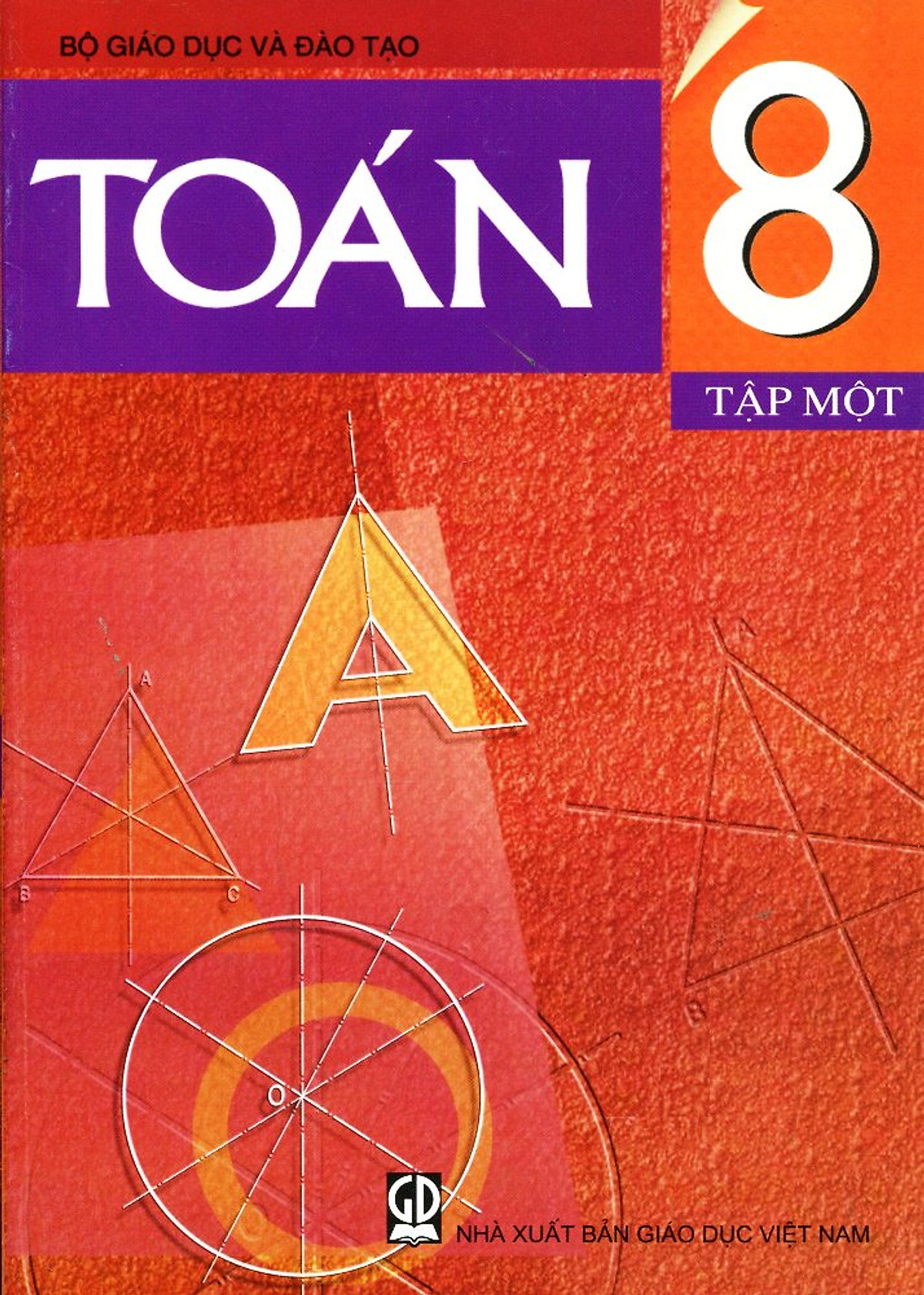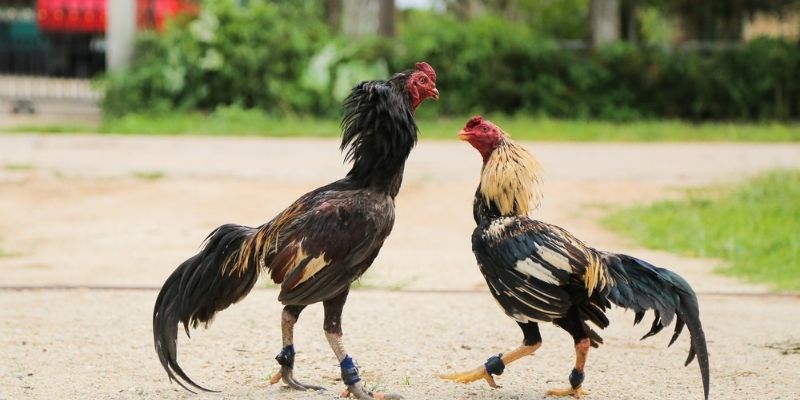(Page 33)
II. LANGUAGE
Pronunciation
Diphthongs /ɪə/, /eə/ and /ʊə/
1. Listen and repeat. Then practise saying the words. 🎧
| /ɪə/ | /eə/ | /ʊə/ |
| idea years | awareness air conditioners | sure ecotour |
2. Work in pairs. Underline the words that contain the /ɪə/, /eə/ and /ʊə/ sounds. Listen and check. Then practise saying the sentences.
1. There are many volunteers here to help clean up the beach.
2. Ecotourism encourages tourists to develop eco-friendly habits when travelling.
3. It is clear that not all people are aware of the negative impact of their daily habits on the environment.
(Page 34)
Vocabulary
Green living
1. Match each word (1-5) with its meaning (a-e).
1. waste (n) | a. an area of land where waste materials are buried under the surface |
2. landfill (n) | b. materials used to wrap or protect things we buy from shops |
3. reuse (v) | c. something such as a box or bowl that you can use to keep things in |
4. packaging (n) | d. to use something again |
5. container (n) | e. the act of using something in a careless way, causing it to be lost or destroyed |
2. Complete the following sentences using the correct forms of the words in 1.
1. We should fix the leaking tap. It's a _____ of clean water!
2. Takeaway food includes a lot of unnecessary _____ such as single-use containers and plastic bags.
3. We always try to buy food packed in recyclable _____.
4. A creative way to _____ old greeting cards is to make gift tags and bookmarks.
5. The waste in open _____ sites can release harmful gases into the atmosphere.
Grammar
Verbs with prepositions
💡Remember!
• Many verbs go with a preposition followed by an object. The meaning of these two words is usually very similar to the original meaning of the verb.
Example:
verbs with about: ask about, care about, talk about, think about, learn about
verbs with for: ask for, apply for, apologise for wait for prepare for
verbs with on: agree on, base on, depend on, rely on
verbs with to: introduce to, refer to, respond to, listen to, explain to
• In some cases, a verb and a preposition are combined to make a (two-word) phrasal verb. The meaning of a phrasal verb is often very different from the original meaning of the main verb. Phrasal verbs use adverbs as well as prepositions.
Example: work out, carry out, turn on, turn off, look for, look after, look up
(Page 35)
1. Complete the sentences with the suitable prepositions.
1. Many people have now started to care _____ the environment.
2. The future of our planet depends _____ how we deal with climate change.
3. We should work ______ some solutions to reducing plastic pollution.
4. My sister is responsible for looking _____ the plants at home.
Relative clauses referring to a whole sentence
💡Remember!
We can use a non-defining relative clause to refer to all the information in the previous clause(s). This type of clause is introduced with the relative pronoun which. We also add a comma before which.
Example: More and more people are interested in recycling nowadays, which is good for the environment. (= The fact that more and more people are interested in recycling nowadays is good for the environment.)
2. Combine the sentences using relative clauses.
1. Plastic takes hundreds of years to decompose in the ground. This explains why it is harmful to the environment.
-> Plastic takes hundreds of years to decompose in the ground, __________.
2. Public transport does not pollute the air as much as private vehicles. That's why more people should consider using it.
-> Public transport does not pollute the air as much as private venicles, __________.
3. All students work very hard to help clean up the school. The teacher encourages this.
-> All students work very hard to help clean up the school, __________.
3. Work in pairs. Talk about green things and activities you and your family often do. Use verbs with prepositions or phrasal verbs, and relative clauses referring to the whole sentence.
Example: I always tum off the fans when I leave the room, which helps save energy.



